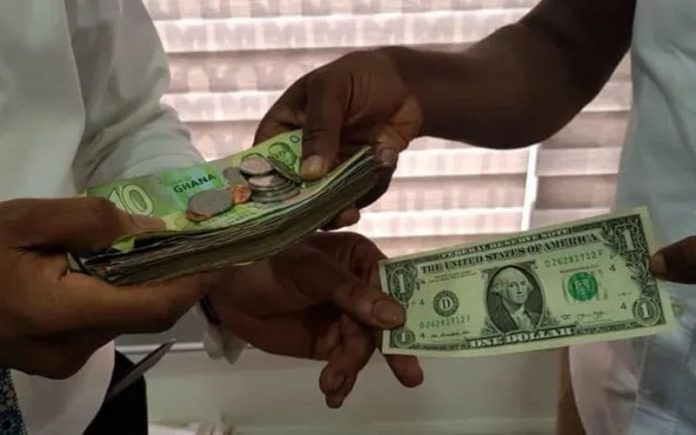
Former Minister of Trade and Industry, Alan Kyerematen, says he has what it takes to strengthen the cedi against other international currencies, especially the dollar.
In an interview with Nana Jantuah on Nhyira FM Kuro Yi Mu Nsem the independent presidential aspirant who recently resigned from the New Patriotic Party (NPP), said increasing the cedi value is in line with his transformational project.
Alan is mainly focused on industry, agriculture, economy, governance, and security under his umbrella Great Transformational Plan (GTP), which will be in place for a five-year period spanning 2025 to 2030.
His major concern for the economic sector is the low value of the cedi. He believes the nation will move forward when the dollar becomes stable, adding that high inflation and interest rates have to be reduced as well.
The former Trade Minister noted that the surest way to strengthen the cedi is to add value to its raw material and export more while cutting down on importation.
According to him, when the country focuses more on exporting finished products rather than importing the country will generate enough not to require external funding or loans to carry out development projects.
If the country gets 2 billion dollars from cocoa exports, produces clothes for export, and adds palm fruit export, the country could be making
“The plan I have for Ghana is, first of all, concerning finances. I have taught ways to stabilise the cedi, I have taught ways to reduce inflation, and I have taught ways to reduce the interest rate.
“I have also taught ways to increase government revenues. Following these, there will not be any need for us to borrow money for any developmental projects,” he said.
Alan Kyerematen mentioned that it is of major importance to make good monetary decisions, as that will be a good foundation for job creation.
“When there are good monetary policies, businessmen will have confidence in the economy. That will be a good motivation, especially for the private sector, to create businesses and build factories.
“If the government doesn’t help private sector financing and allow them to invest more in the economy, we can never move forward. The government won’t be able to generate revenue for the country’s development,” he said.
ALSO READ:







